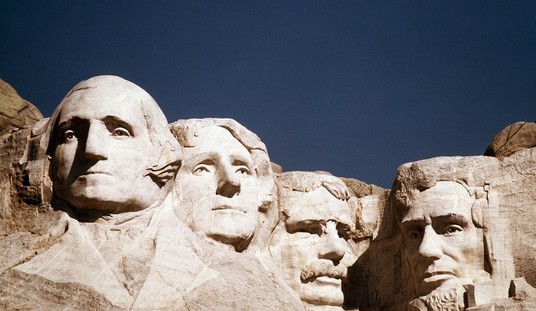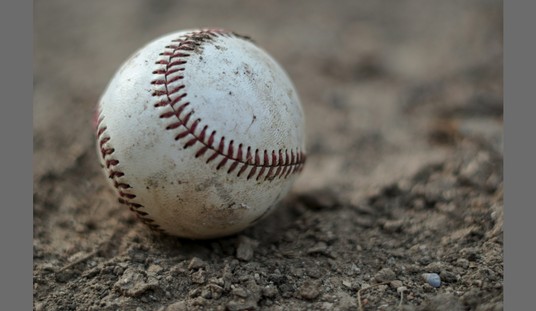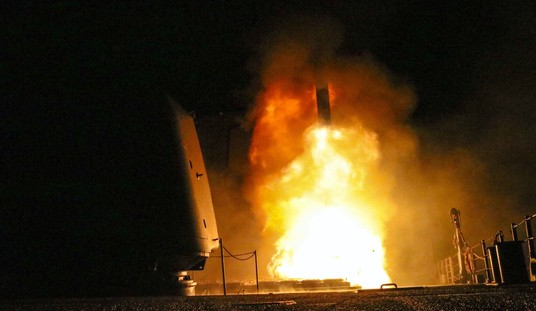Say the word ‘Wikileaks’ around some DC-based journalists, and they’ll probably develop a fast twitch. The Wikileaks Documents Dump of 2016 caused a lot of consternation among reporters and with good reason. The documents, whether they were DNC emails or John Podesta’s emails, all painted Hillary Clinton in a negative light.
It is, for this reason, some journalists are questioning whether or not media outlets should have covered the Wikileaks documents and struggled with how to cover them and to what degree. Elise Foley of The Huffington Post tweeted this yesterday:
https://twitter.com/elisefoley/status/808777052627365889
What “whole thing?” Oh the Hillary Clinton losing thing, right? The quote from the NY Times is just as absurd:
Every major publication, including The Times, published multiple stories citing the D.N.C. and Podesta emails posted by WikiLeaks, becoming a de facto instrument of Russian intelligence.
In October, NPR’s ombudsman wrote a piece called, “How Should NPR Report On Hacked WikiLeaks Emails?”
Why is this even a question?
Their takeaway from 2016 is that they weren’t biased enough? The double standard is stunning. When Donald Trump’s tax return was leaked to the press at the end of September, did reporters ask themselves if they should be covering it? Was there any concern about the source of the tax return? Of course not. The mainstream media gleefully reported on the massive loss Trump incurred and struck up a debate over carry forward loss tax laws.
Journalists “raised concerns” with the Obama administration using The Espionage Act to prosecute dozens of people for leaking classified government information. The media sees them as “whistleblowers” while the Obama administration saw them as criminals. I don’t remember the press wondering aloud about their supposed responsibilities when coming into possession of information, obtained illegally.
Reporters are routinely the recipients of classified information, leaked grand jury information, confidential corporate information, trade secrets and more. Some of the biggest journalistic scoops over the last 50-60 years have come as the result of information that never should have seen the light of day, making it into the hands of a reporter.
One could make the case the information in the Podesta emails didn’t contain very revelatory information, but the leaked DNC emails proved what many people thought was going on: The DNC was coordinating with the Clinton campaign in an attempt to thwart Bernies Sanders upstart campaign. It was not insignificant news, leading to the resignation of Debbie Wasserman Schultz.
If the situation were reversed and it was Republican National Committee coordinating with Marco Rubio, there’d be no hesitation on the part of the media to report it. None. It wouldn’t matter if Kim Jong-un were caught on film handing the documents to Julian Assange.
A reporter, no matter the medium, has a responsibility and duty to get to the truth. If they want to wallow in self-reflection after and in private, they can do so. Until that time, they should their job and not concern themselves with how it might affect the candidate of their choice.














Join the conversation as a VIP Member